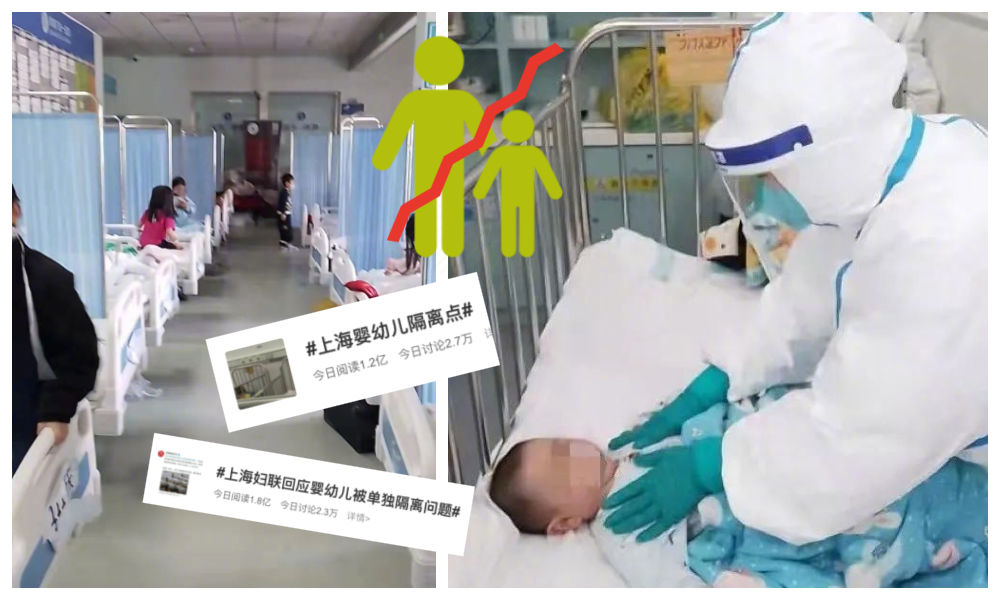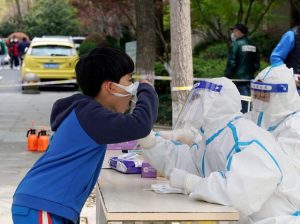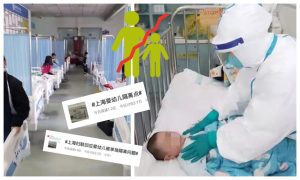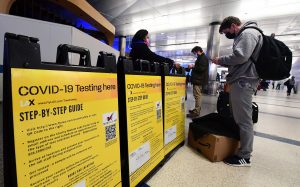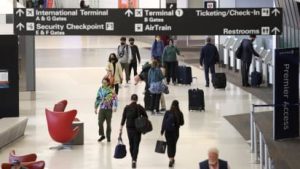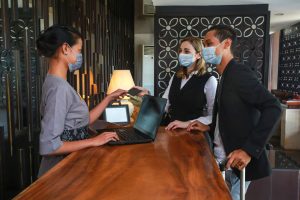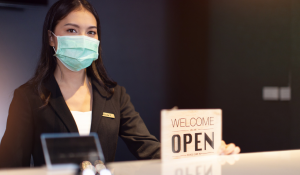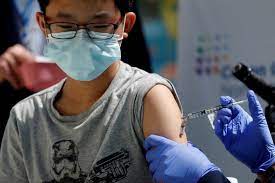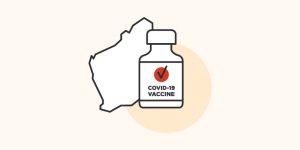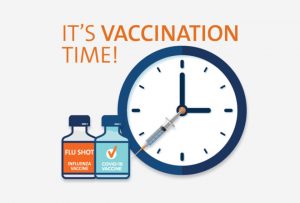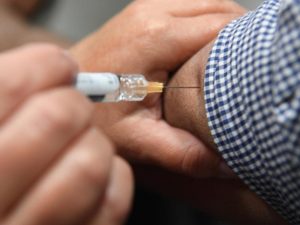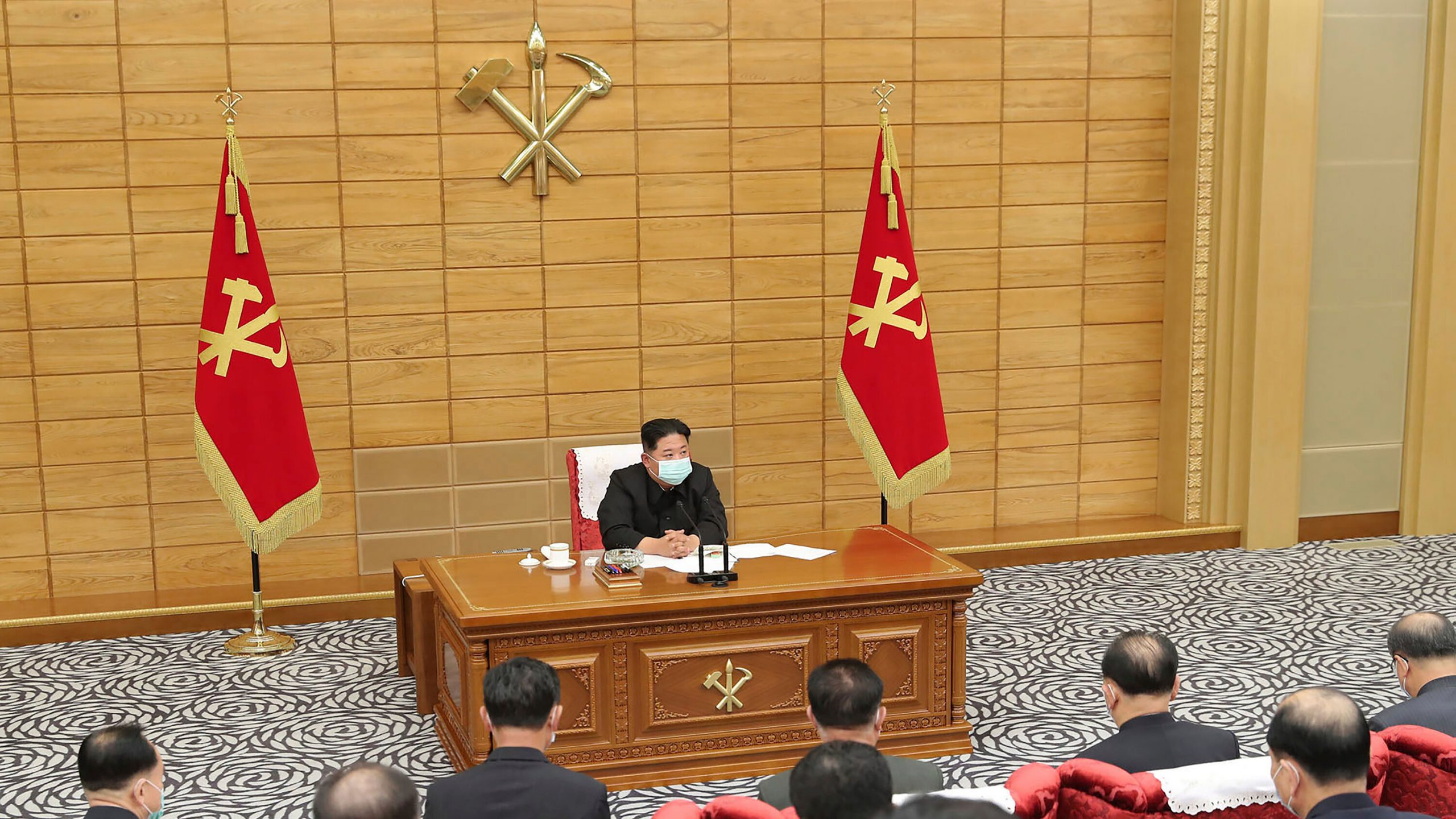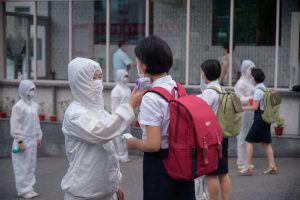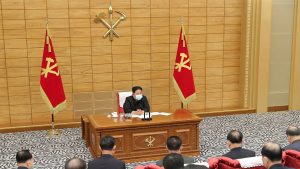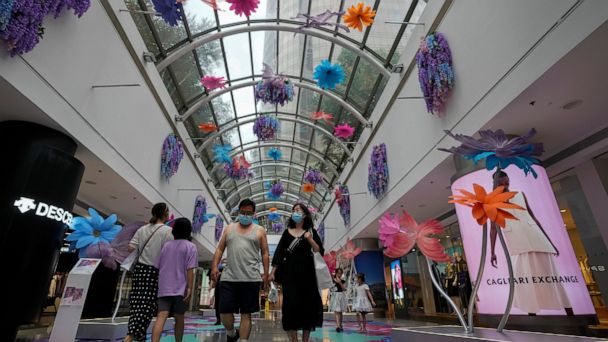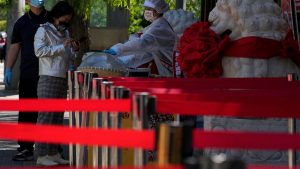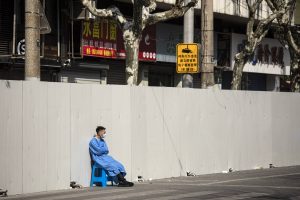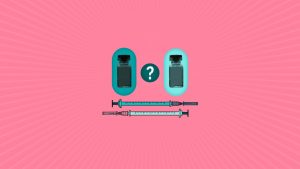
1 Canada allows mixing vaccines
Canada’s National Advisory Committee on Immunization says people who received the Oxford-AstraZeneca vaccine for the first dose can be offered either the Pfizer or Moderna jab for the second.
The advice affects more than 2 million Canadians who received the Oxford-AstraZeneca vaccine before provinces stopped using it for first doses last month. The vaccine is potentially linked to a rare but serious blood-clotting syndrome.
In Canada, 41 confirmed or suspected cases of vaccine-induced thrombotic thrombocytopenia (VITT) have been diagnosed and five people have died. Several European countries are giving Pfizer or Moderna as second doses to AstraZeneca recipients, including Denmark, Finland, France, Germany, Sweden, Norway and Spain.
NACI’s published report says AstraZeneca recipients can be offered the same vaccine if they want it or can be given either Pfizer or Moderna doses.

2 South Africa rapid surging numbers of delta cases
South Africa’s resurgence of COVID-19, centred in Johannesburg and driven by the delta variant, is setting record numbers of new daily cases, health officials said Sunday.
More than 26,000 new cases were reported on last Saturday, up from 24,000 the previous day, according to the National Institute for Communicable Diseases, surpassing the country’s highest number of new cases in previous waves and quickly bringing many hospitals to capacity.
More than 13,800 COVID-19 patients are currently in South African hospitals where some facilities are cancelling elective surgeries to free up beds and health workers. South Africa’s official death toll has risen above 63,000, although statistics on excess deaths suggest the country’s actual number of virus fatalities may be more than 170,000.
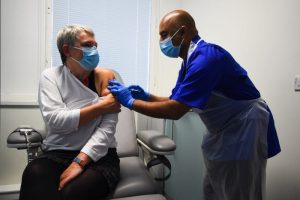
3 UK covid vaccine booster shots plan
The UK government is preparing to offer millions of vulnerable Britons, who have received two doses of the COVID-19 vaccine, a booster jab from September to ensure that the protection is maintained against new variants of the coronavirus before winter comes, according to media reports in Britain. The National Health Service (NHS) has been given the green light to start planning a Covid vaccine booster programme, the BBC reported.
UK Health and Social Care Secretary Sajid Javid said the UK ministers were working with the NHS to rapidly deliver the programme from September. The UK Department of Health said the plan had been drawn up following advice from the Joint Committee on Vaccination and Immunisation (JCVI) and will take place alongside the annual flu jab rollout, according to the Express newspaper (The UK).
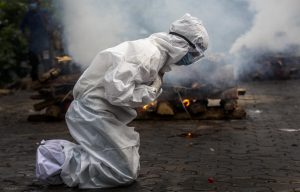
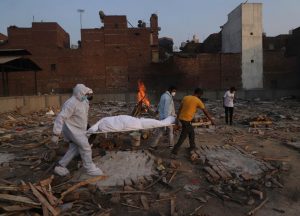
4 India’s death toll tops 400,000
India’s official coronavirus death toll surpassed 400,000 on last Friday, as the nation continued to grapple with the fallout of a devastating spring surge in cases, an outbreak that was driven in part by the more contagious delta variant now gaining ground in the United States and around the world.
At least 400,312 people have died of the virus in India since the pandemic began, the government said, out of more than 30 million confirmed infections. Experts believe both figures are vast undercounts, as record numbers of patients and deaths overwhelmed the country’s health-care system.
While the outbreak appears to have peaked in India — with 853 deaths recorded over the past 24 hours on last Friday — the more virulent variant that spurred its spring wave is now seeding new virus clusters from Moscow to Jakarta to rural Missouri.
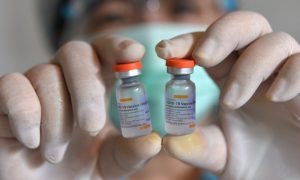

5 China ranking first worldwide with developing 71 vaccines
China is researching and developing 71 vaccines against COVID-19 and they are effective against the Delta strain, China’s top epidemiologist Zhong Nanshan revealed over the weekend, making China the country with the largest number of vaccines undergoing research, experts said.
Experts reached by the Global Times said if approved, those vaccines will satisfy urgent domestic and overseas demand as health authorities will gradually ramp up efforts to approve more vaccines. They will also provide a chance for the country to explore new technologies to develop vaccines against future infectious diseases that may be more severe than COVID-19.
Nine of the 71 vaccines have already been put into use. Two were granted World Health Organization (WHO) emergency use, Zhong said as he addressed the graduation ceremony at the Shanghai Tech University on Saturday. The WHO approved COVID-19 vaccines produced by China’s Sinovac and Sinopharm for emergency use, reports said.
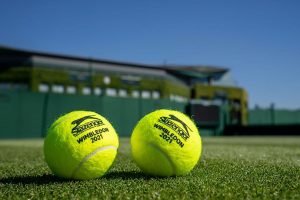
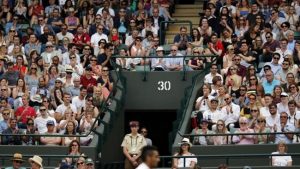
6 Wimbledon finals allows capacity crowds
Capacity crowds will be allowed at Wimbledon’s two biggest courts from the quarter-finals through to the end of the tournament, with COVID-19 attendance restrictions set to be relaxed at the All England Club. Attendances have been capped at 50 per cent on Centre Court and No. 1 Court since the start of the grand slam on 28th June.
Wimbledon is being used as a pilot event for the safe return of crowds as part of the UK government’s Events Research Programme. Before the tournament began, the club had said it would be able to allow full crowds only for the two singles finals. The number of fans allowed around the rest of the site “will be reduced according to the number of courts in play,” the club said. pectators still need to show proof that they have tested negative in the previous 48 hours, or are fully vaccinated against coronavirus.



 COVID-19 Around the World3 years ago
COVID-19 Around the World3 years ago
 Cuisine Explorer4 years ago
Cuisine Explorer4 years ago
 Arabic2 years ago
Arabic2 years ago
 Cantonese - Traditional Chinese4 years ago
Cantonese - Traditional Chinese4 years ago
 Tagalog4 years ago
Tagalog4 years ago
 Uncategorized4 years ago
Uncategorized4 years ago
 Uncategorized4 years ago
Uncategorized4 years ago











